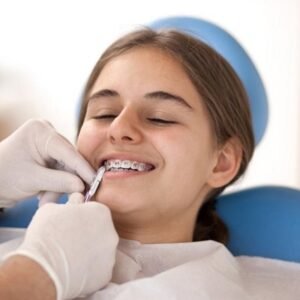
Our teeth make our smile unique and their appearance is quite visible in our personality. Some people suffer from different mal-positioned Teeth and jaw issues which can make them feel uncomfortable about their smile and can cause problems while chewing and eating.
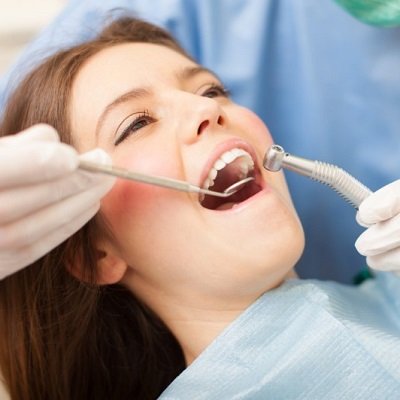
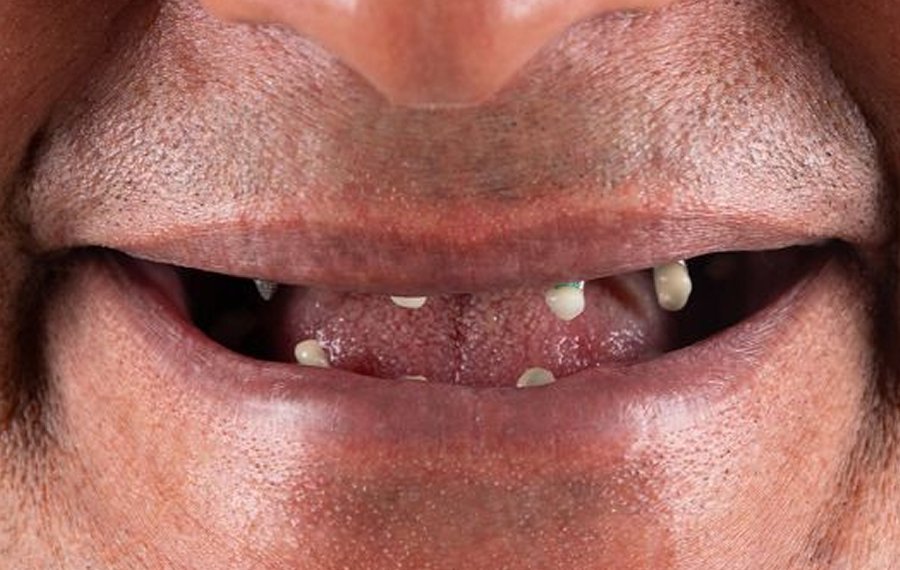
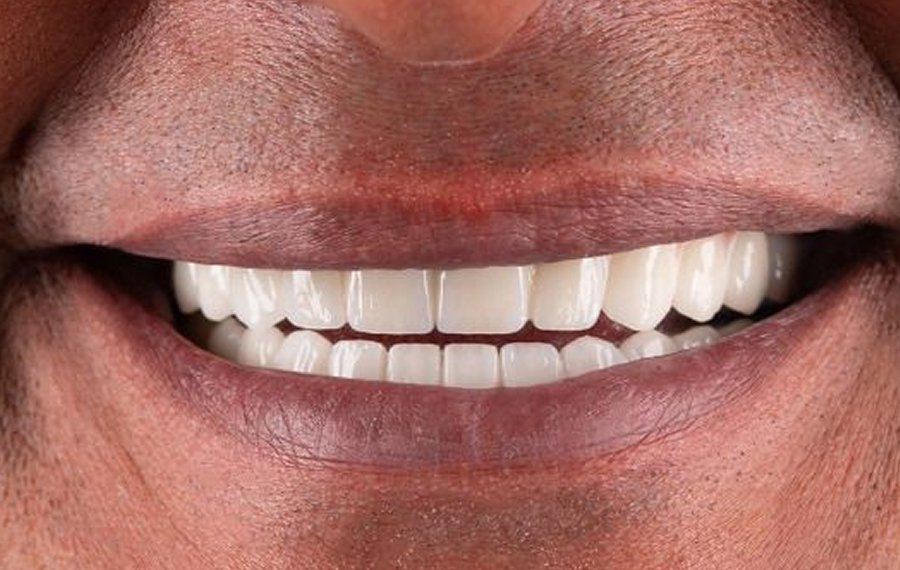
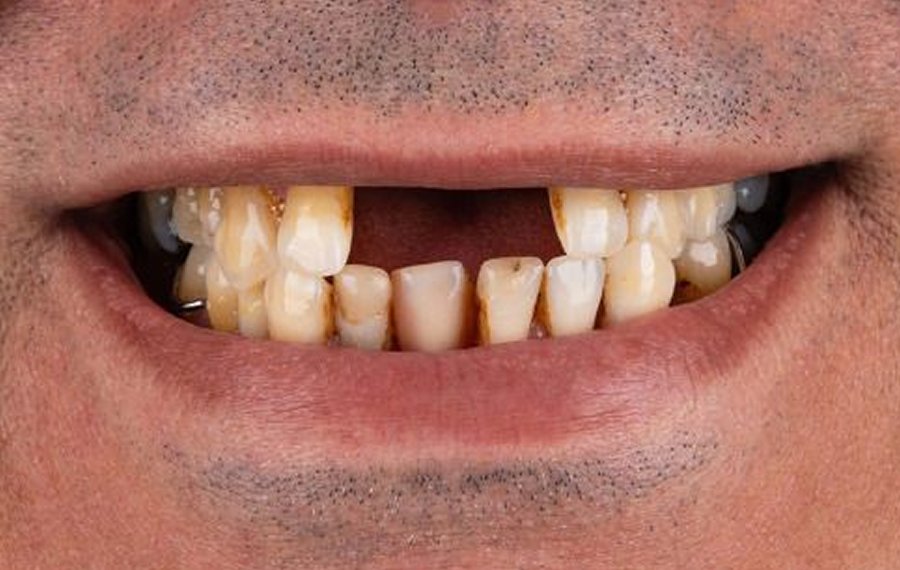
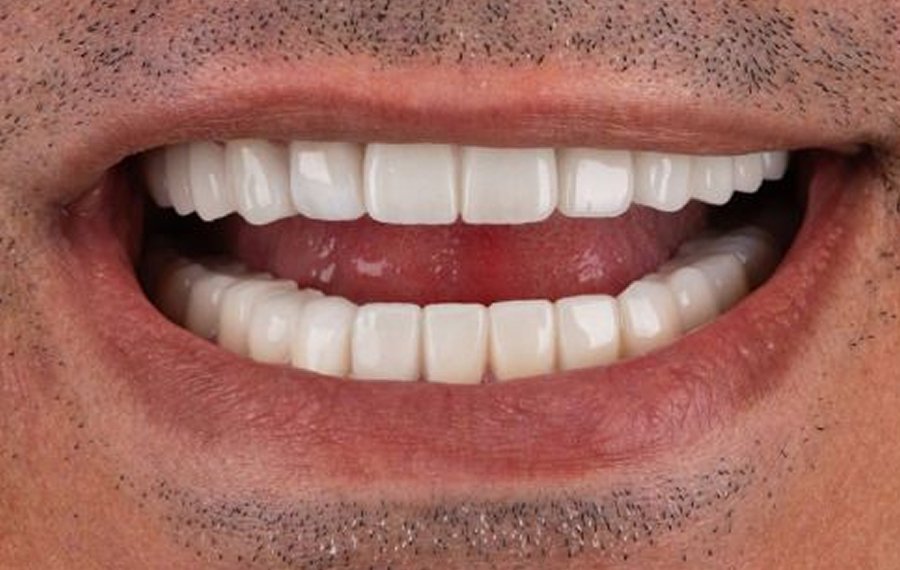
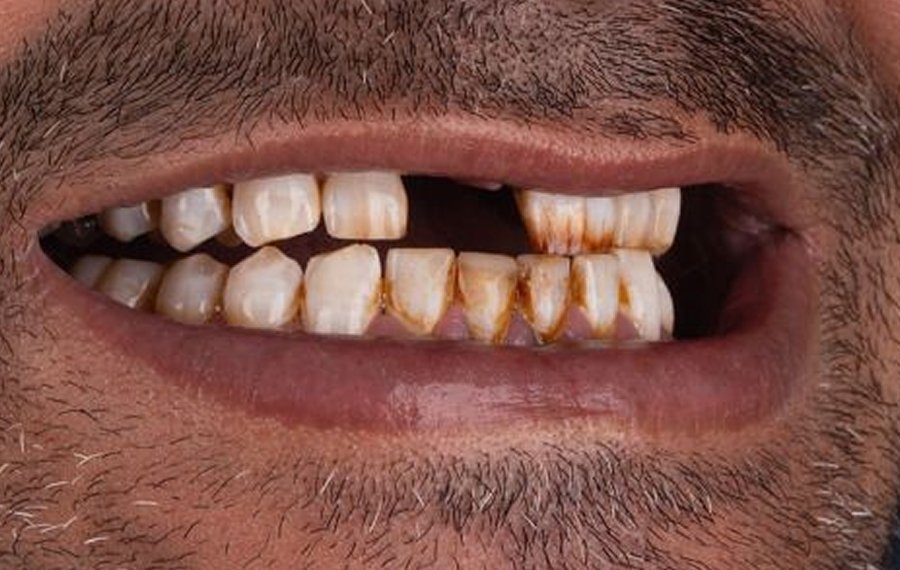
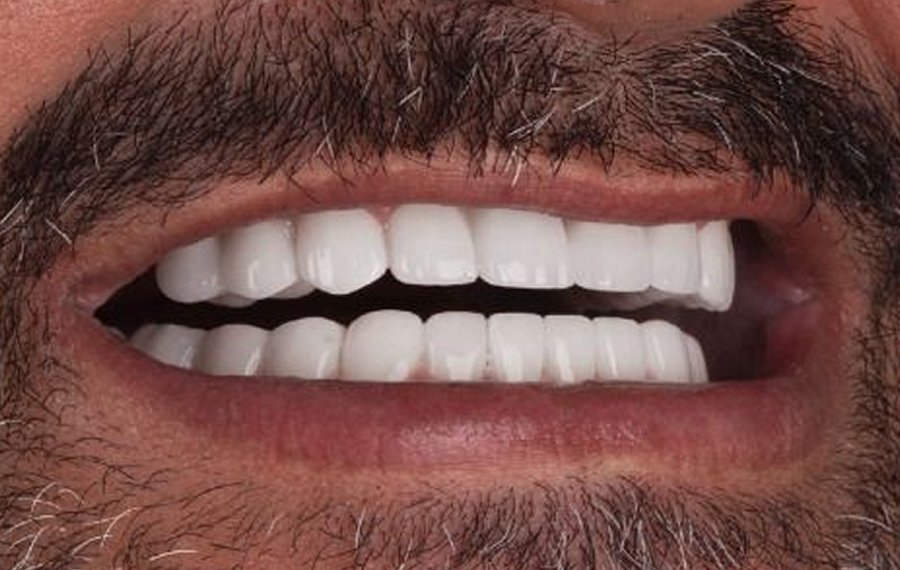
Are you experiencing pain, swelling, or a foul taste near your dental implant? These may be symptoms of an infection of the dental implant, or peri-implantitis. Dental implants are made to be long-lasting, but infections can still happen when bacteria accumulate on the bottom of the implant. Read more to know about how we treat dental implant infection in Dubai.
The following could be the reasons for infections:
Results may differ; however, you could experience the following:
The following individuals could be ideal for the procedure:
Adhere to the following instructions for a safe procedure:
Treatment will vary with the degree of infection. Some or all of the following may be used:
Follow the following guidelines for quicker healing:
Below are the benefits you can get from treating the infection:
Although our specialists perform the procedure wth great precision and accuracy, you may experience some minimal side effects which will fade as time passes. We will list some of them below:
The price of a dental implant infection in Dubai typically ranges between AED 2,000 – AED 10,000, depending on the infection severity and the kind of treatment needed. You will be guided about the final estimate at the time of your consultation.
If you’re concerned about a dental implant infection, don’t delay. Reach out to our experienced team at Enfield Dental Clinic Dubai for a consultation for Dental Implant infection in Dubai. Simply fill out the consultation form to schedule your visit and take the first step toward restoring your oral health and well-being
Pain, pus, poor breath, taste, swelling, and a loose implant.
Yes, deep cleaning and medicines can be used to treat minor cases.
Only in cases where the implant cannot be saved due to a serious infection.
A few weeks to a few days, depending on the treatment.
Since local anesthetic is used, patients are less uncomfortable during treatment.
Yes, once there is enough bone support and the area has healed.
Depending on the complexity, it normally varies from AED 2,000 to AED 10,000.
Do not smoke, brush, and floss daily, and get your regular dental checkups.

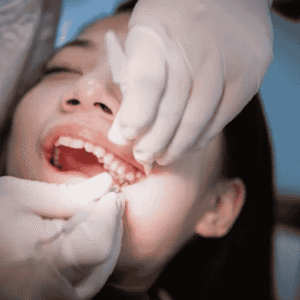
Are you also bearing the consequences of tooth decay? Which
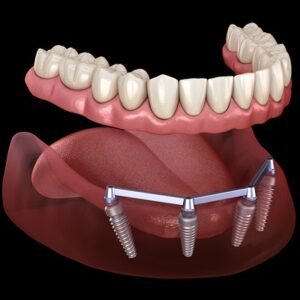
Many people struggle with insecurities about their smiles due to